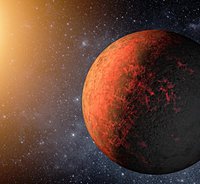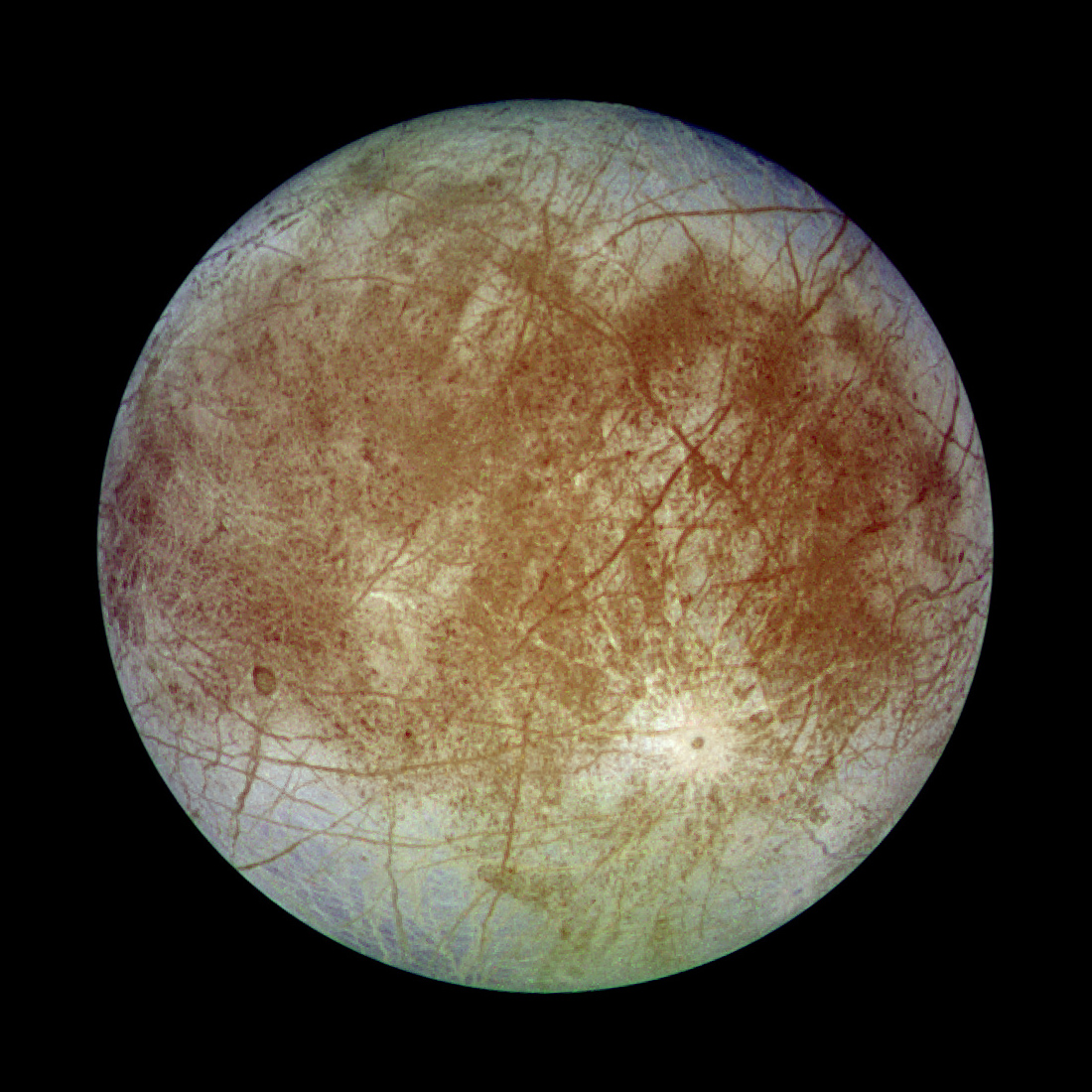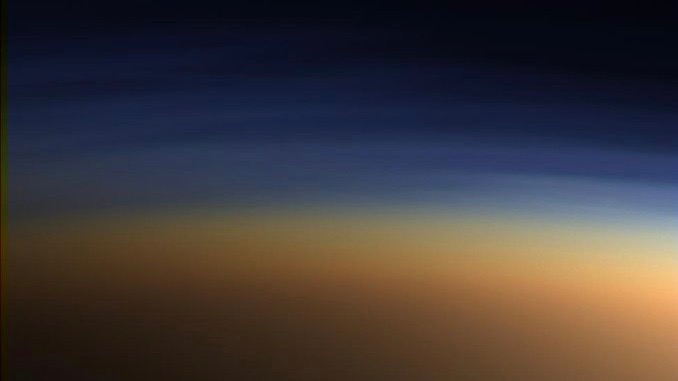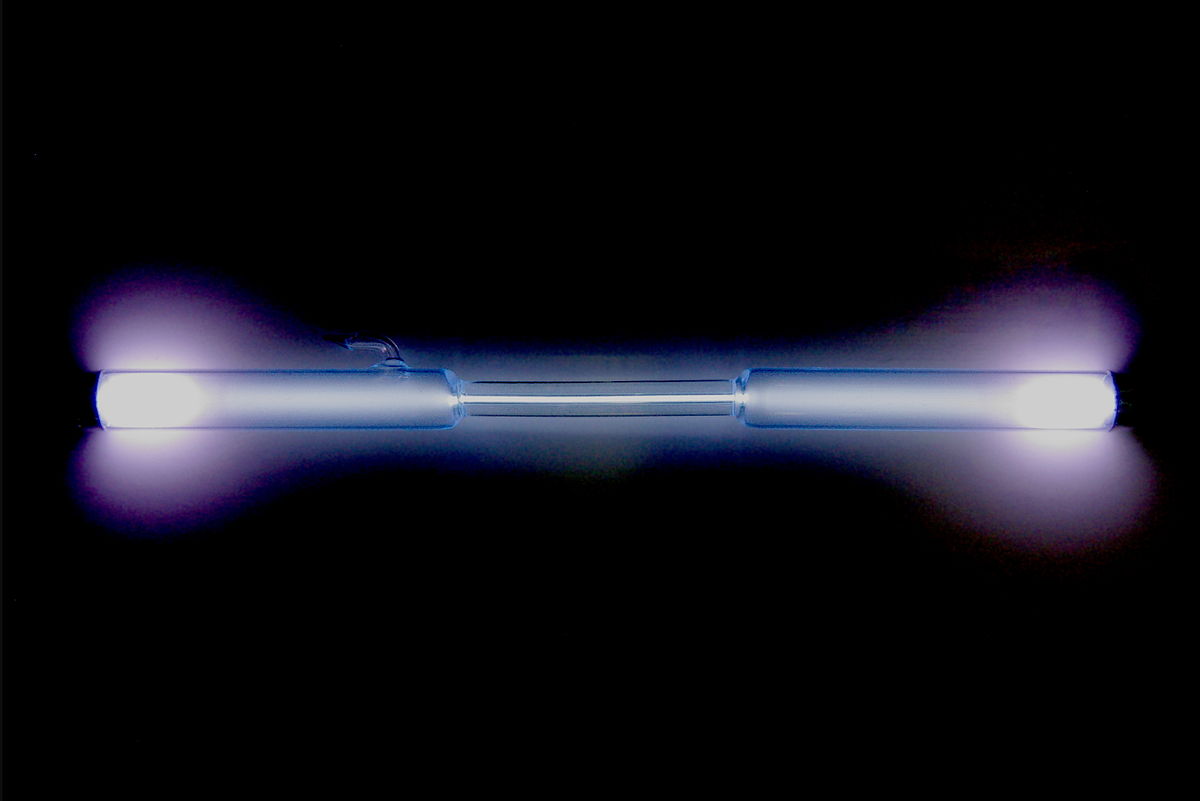
Volcanic and tectonic activity affects the climate evolution of terrestrial planets and, by association, the potential that a planet could maintain liquid water at its surface over geological time scales. This connects the volcanic-tectonic state of a planet to the potential that it could allow for life as we know it. As we have found more and more planets orbiting stars beyond our own, the question of what we can say about the volcanic and tectonic state of a planet, based on remote observations, has generated some interest based on its inferred link to the bigger issue of life potential within our galaxy. I will review competing ideas about what we can and, crucially from my own point of view, what we cannot say about the probable tectonic states of exo-planets given current observations. As well as bridling in some unrealistic expectations, highlighting some “limits of knowledge” can also suggest alternate modeling strategies that can be adopted under the assumption that the number of observations we have will increase*. The exercise will also isolate critical factors that have not received as much consideration as they may well merit, e.g., the potential that planets can transition between different tectonics modes over their geologically active lifetimes and the potential that the specifics of planetary formation and the early years of evolution of a terrestrial planet can cast a long time shadow (longer than has previously been assumed). Finally, I will discuss recent models of climate-tectonic coupling that explore the hypothesis that plate tectonics, as it operates on the geologically modern day Earth, may not be the only tectonic mode that allows a planet to maintain livable surface conditions over time scales that allow for biological evolution.
 Getting Under Europa’s Skin
Getting Under Europa’s Skin Tracing Formation and Evolution of Outer Solar System Bodies Through Stable Isotopes and Noble Gas Abundances
Tracing Formation and Evolution of Outer Solar System Bodies Through Stable Isotopes and Noble Gas Abundances Photosynthesis, a Planetary Revolution
Photosynthesis, a Planetary Revolution Xenon: King of the Gases
Xenon: King of the Gases